Gulf Bottom Fishing Basics: Offshore Intro & Bottom Fishing
Eugene L. 06.02.22
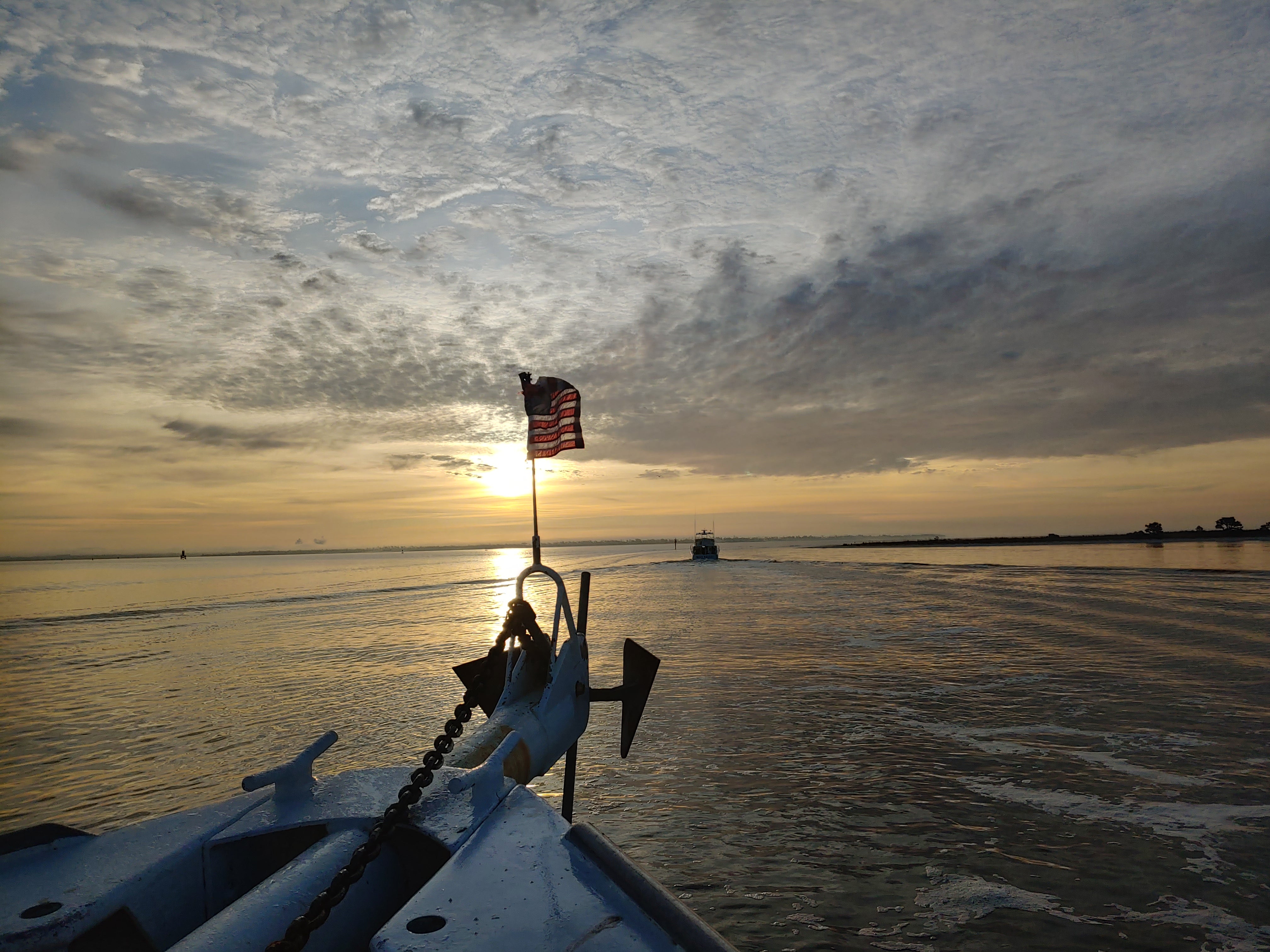
The Gulf Coast has a long history of bottom fishing, reaching all the way back to the 1840s. Commercial fishing for the red snapper was always an important fishery in the area around Pensacola. While the fishery was mainly commercial only, recreational fishing started picking up after WWII. Nowadays the recreational fishery is about 50% of the total tonnage of red snapper pulled out of the Gulf of Mexico.
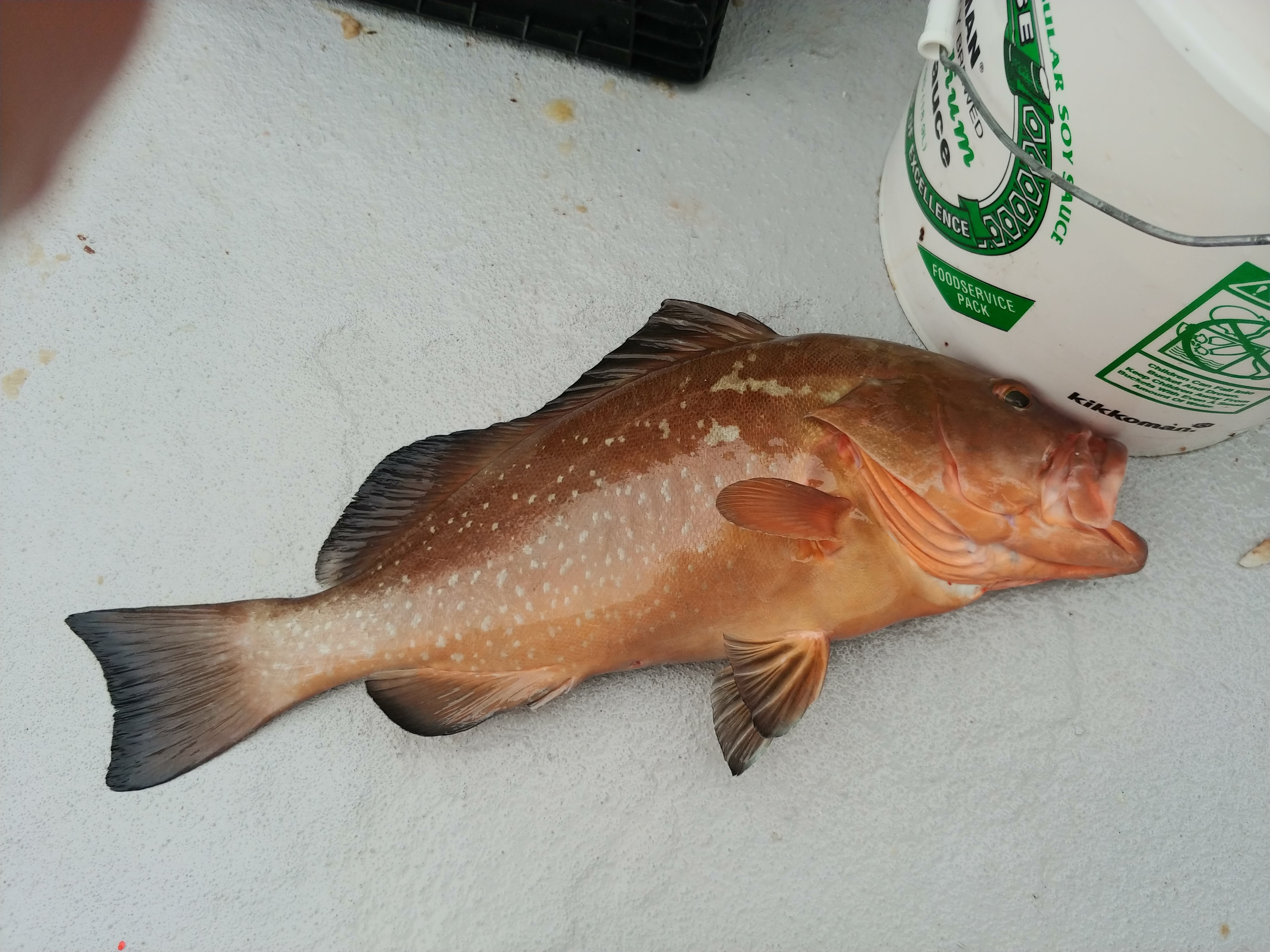
The basics of bottom fishing in the gulf for snappers and groupers are pretty easy. You need to go offshore and find some structure and life on a bottom machine. Sit right on top of the spot, and drop down some baits. Wait for a bite, and then start reeling to set the circle hooks you’ll be using.
Bottom Fishing Tackle
Recommended tackle for bottom fishing in the gulf is pretty simple, a conventional reel on a heavier boat rod is your best choice. Something like a 4/0 Penn senator on a medium-heavy fiberglass rod has been the staple of the charter fleet for decades now. If you want to buy your own tackle and are on a budget that 4/0 Penn spooled with 50/60lb mono with a matching rod will run you about $175 new. Maybe less if you find one used. If you want to spend a bit more, you can grab a more modern reel like a Shimano Torium, Penn Squall, or Daiwa Saltist.
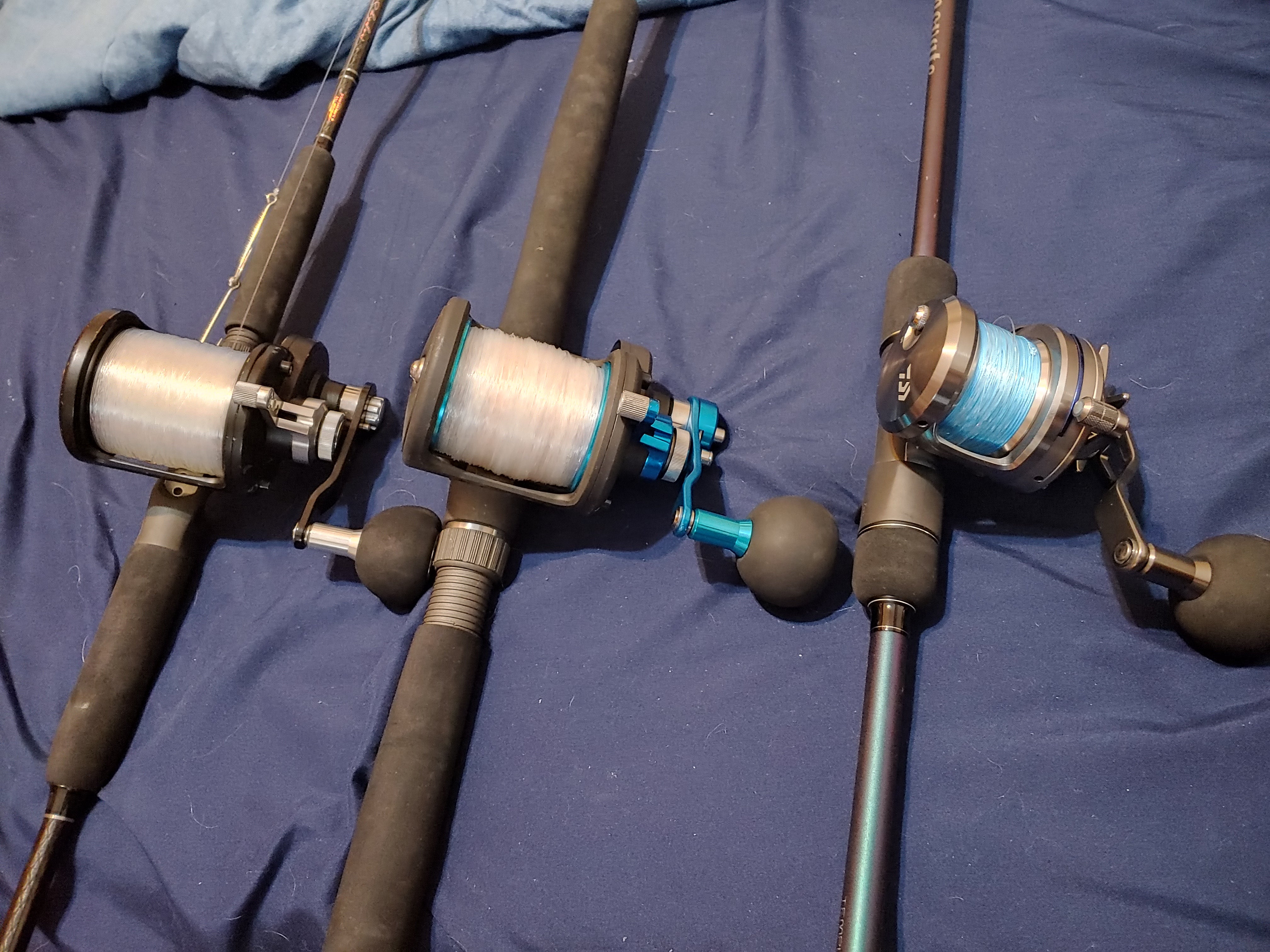
Spooled up with braid with a mono top shot or just straight mono works, either way, the minimum line test you want is 50-pound test. You can go up to 80lb or 100lb if you’re chasing grouper and amberjack. For your leader, you got 3 main options, a chicken rig, a three-way rig, or a Carolina rig. The first two options are the most common, the chicken rig is 2-3 smaller circle hooks on dropper loops. Great for smaller snappers and porgies. A three-way rig
The Three-Way Rig is named after the three-way swivel it uses. One side is connected to the mainline, one to the weight, and the third is connected to your leader and hook. The leader can be changed up to match what you are targeting, a 6ft 60lb leader for snappers, 12ft 100lb leader for groupers, and 18ft 80lb leaders for amberjacks.
The Carolina rig is the simplest rig of the three. It’s a hook, leader, swivel, and lead weight. The leader lengths and strengths are the same as you would use on a three-way rig. The biggest benefit of this rig is while you’re free spooling the fish can take line without feeling any resistance.
I haven’t brought up spinning tackle for a reason here though. I know that larger spinning reels are popular, but I recommend conventional tackle for beginners. You just don’t get the same amount of torque and leverage with spinning tackle that you do with a conventional setup. You need to be a bit more technical and skilled to successfully use spinning gear.
Bottom Fishing Bait
For bait, you have a lot of options for bottom fishing. The fish will eat almost anything as long as they are in the mood to eat. There are four presentations, cut bait, butterflied large baits, dead bait, and live bait. Popular cut bait choices are squid, sardines, bonito, mackerel, and cigar minnows. As the name implies it is just chunks of cut fish or squid. Usually cut into smaller chunks, best for targeting smaller reef fish like vermillion snapper and red porgy. Though elephants eat peanuts, I’ve seen big grouper and sow red snapper caught on cut bait as well.
Dead bait is the same bait that you would chunk up for cut bait except sent down whole. Great for targeting larger reef fish, and convenient to use because you don’t need a live well. Just have a couple of blocks of frozen cigar minnows thawing in the cooler and you’re set. Just put a hook in the bait and send it down, very easy and simple to use.
Another iteration of dead baits is the large butterflied baits. This is for targeting the largest snappers and groupers. This will be something like a whole red porgy, Boston mackerel, or blue runner. With the backbone cut out of bait. The fillets are still connected to the head and flap in the current. This produces a lot of scent and movement and being so large smaller fish generally cant steal it. This doesn’t mean that it can’t be chewed apart eventually only leaving you a fish head.
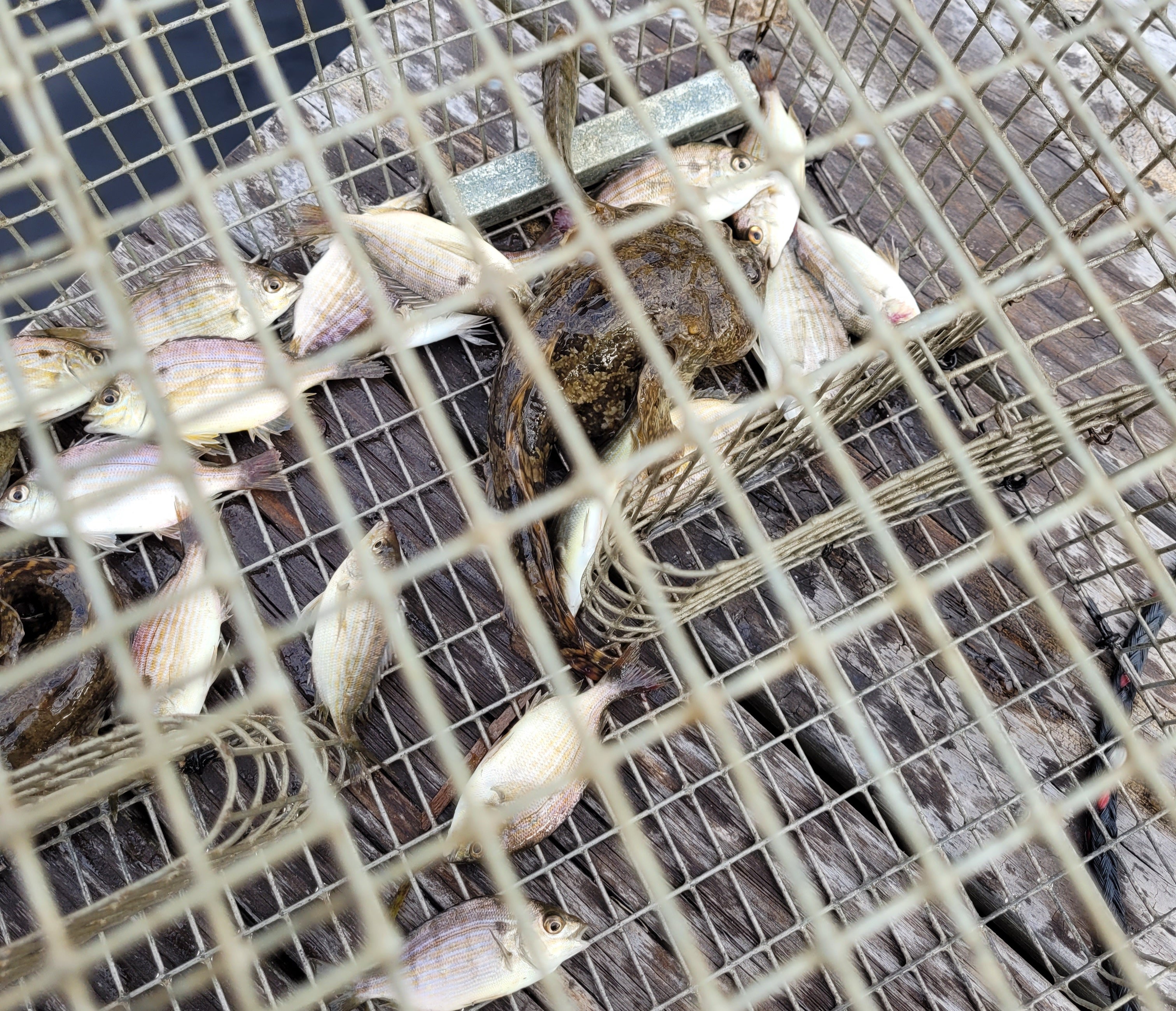
Live bait is generally the preferred option when fishing in the gulf. There’s just nothing like a live cigar minnow sent to the bottom of the gulf. The fact the bait will react and try to flee the big predators down there is a big deal. If you’re using a braided line you can feel the bait get nervous and try to swim away from the predators. Popular live bait choices are cigar minnows, blue runners, pinfish in all sizes, and red porgy.
Bottom Fishing Regulations
For fishing for reef fish in the Gulf of Mexico you need to use circle hooks, it’s the law. As well as have a descending device onboard along with a venting tool. Those two are also two pieces of equipment required by law when you target reef fish. You also have to be aware of the seasons for certain species of fish in the Gulf. These change as the year goes on, as well as there being different seasons for federal and state waters. Don’t get caught out there with fish out of season. Make sure to keep a set of regulations on the boat or your phone.
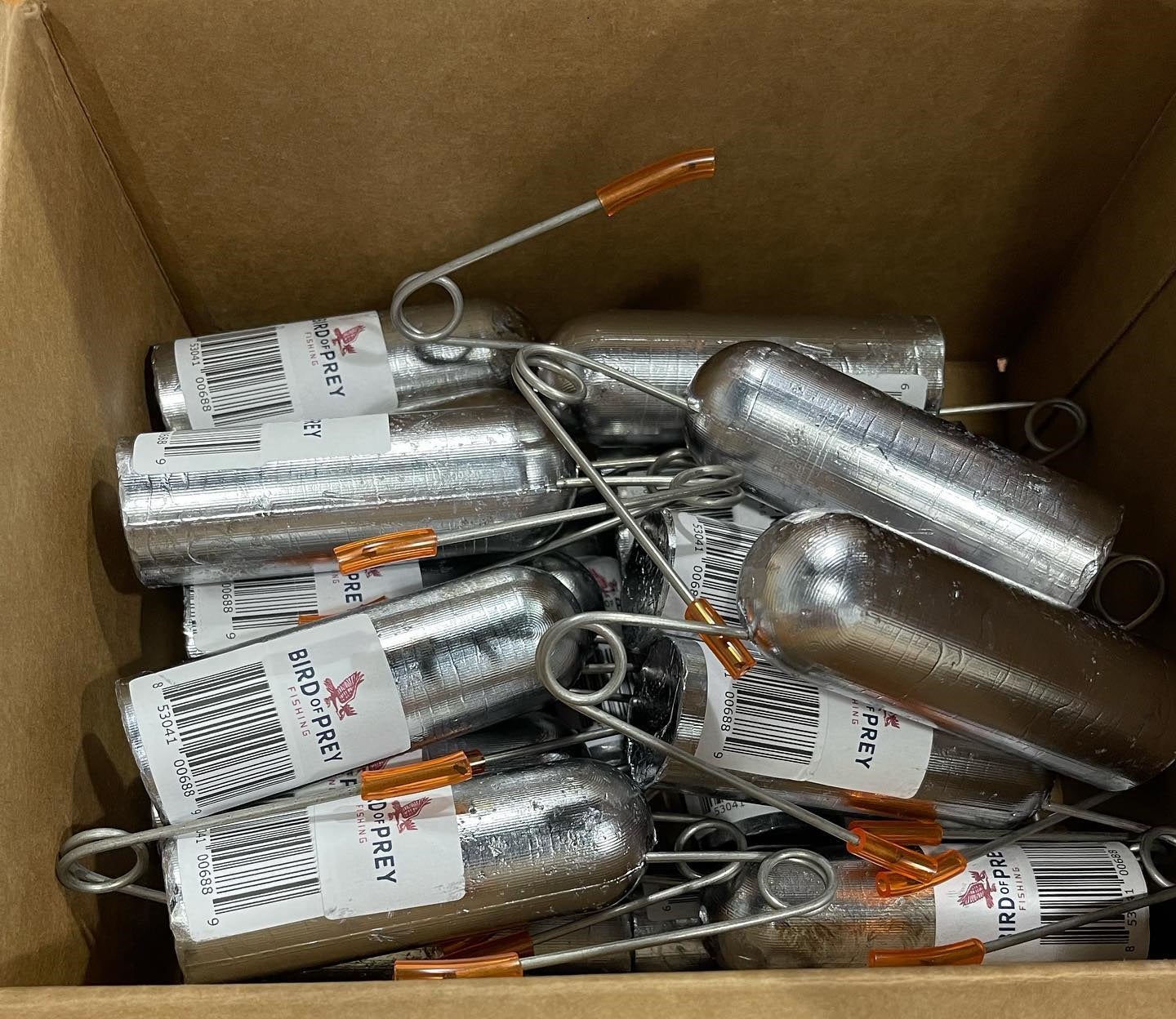
Getting Out There
You got three real options for going bottom fishing. You can take a private boat out there if you or your friends have access to a larger boat. Make sure everyone has a fishing license, and because you’re not a federally permitted charter make sure you are in compliance with the rules and seasons. Be safe about going out as well, don’t take an 18ft skiff 30 miles offshore in 4ft seas. Make sure your boat can handle the waves and conditions. Have an EPIRB on board, let people know your itinerary, and have a Sat Phone. These are all things to ensure your safety on the water. A cooler of fish isn’t worth risking your life, be safe out there.
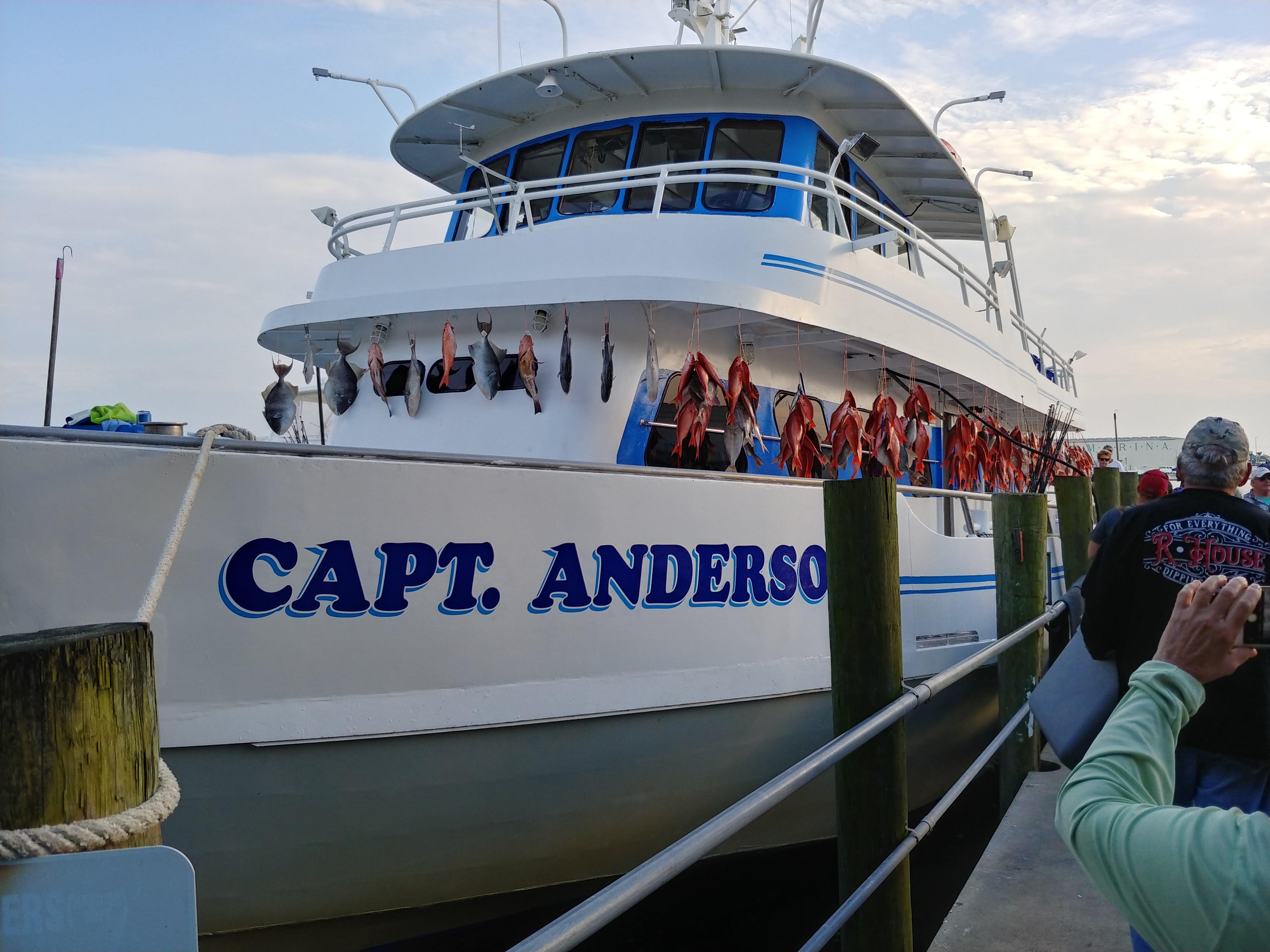
The second and third option for going bottom fishing in the Gulf is the charter fleet of boats. Every bigger town and city along the gulf coast will have a fleet of charter boats that will take you out fishing for a price. The cheapest option for this would the party boats. Expect anywhere from $80 to $150 a person depending on the trip. Large boats that can take up to 70 people out at a time, just pay for a seat and they’ll provide everything. Tackle, bait, ice and have A/C. These are anyone goes on as long as they bought a seat. During red snapper season, they can be hectic and crowded. But with all those baits going down at the same time, it almost creates a chum slick around the boat. Causing a feeding frenzy at times.
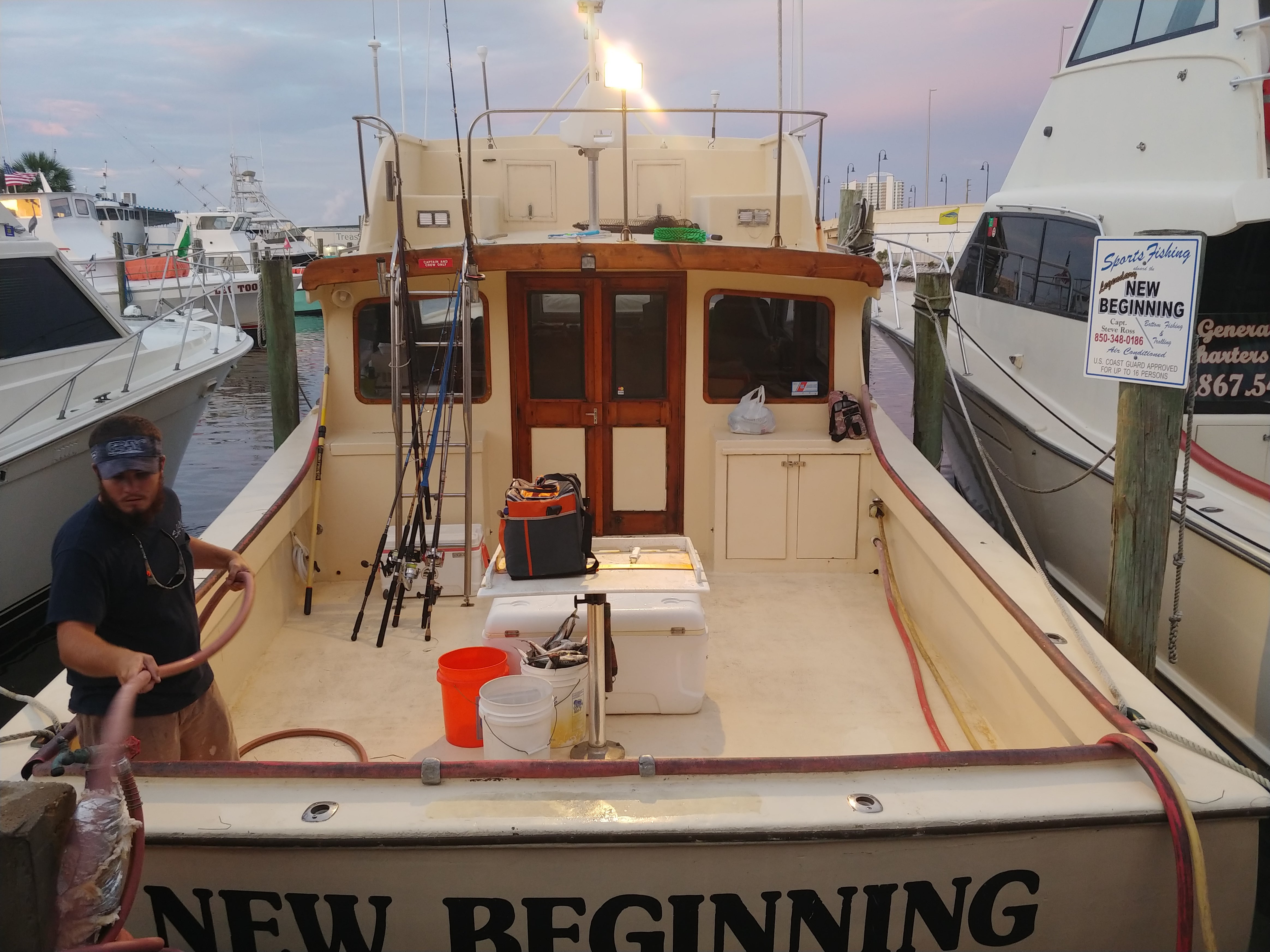
The other charter option is the private charter boats. These boats are similar to the Party boats in that they provide everything you need. But they are smaller boats meant for groups of 6-20 people depending on the boat. These boats are a bit faster and go to their own private spots. With fewer people, the chance of tangling with others goes down as well. The downside with these boats is they are a lot pricier to go out in. Expect to pay anywhere from $350 to $600 a person for a private charter, and that’s if you have at least 6 people going.
